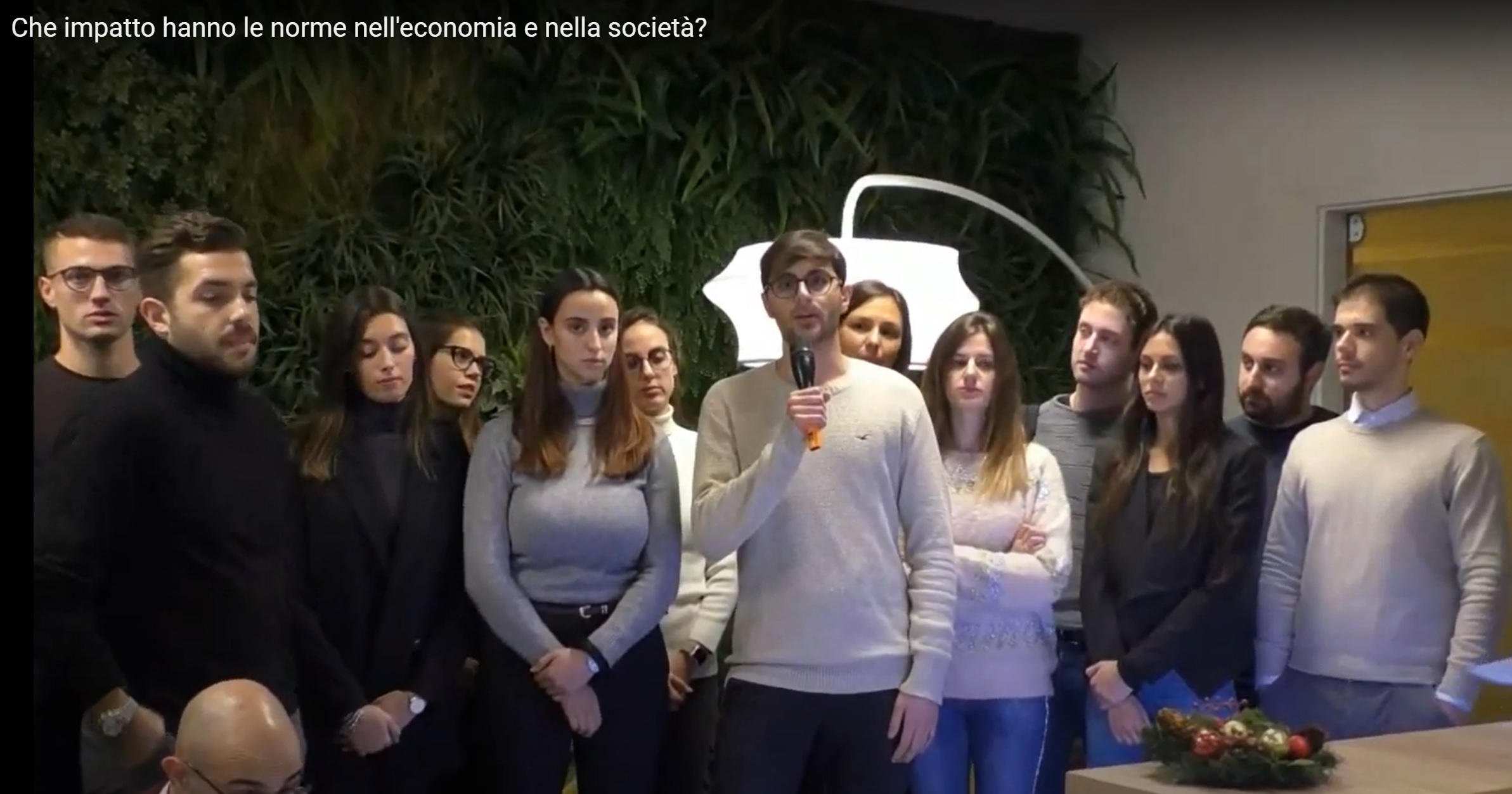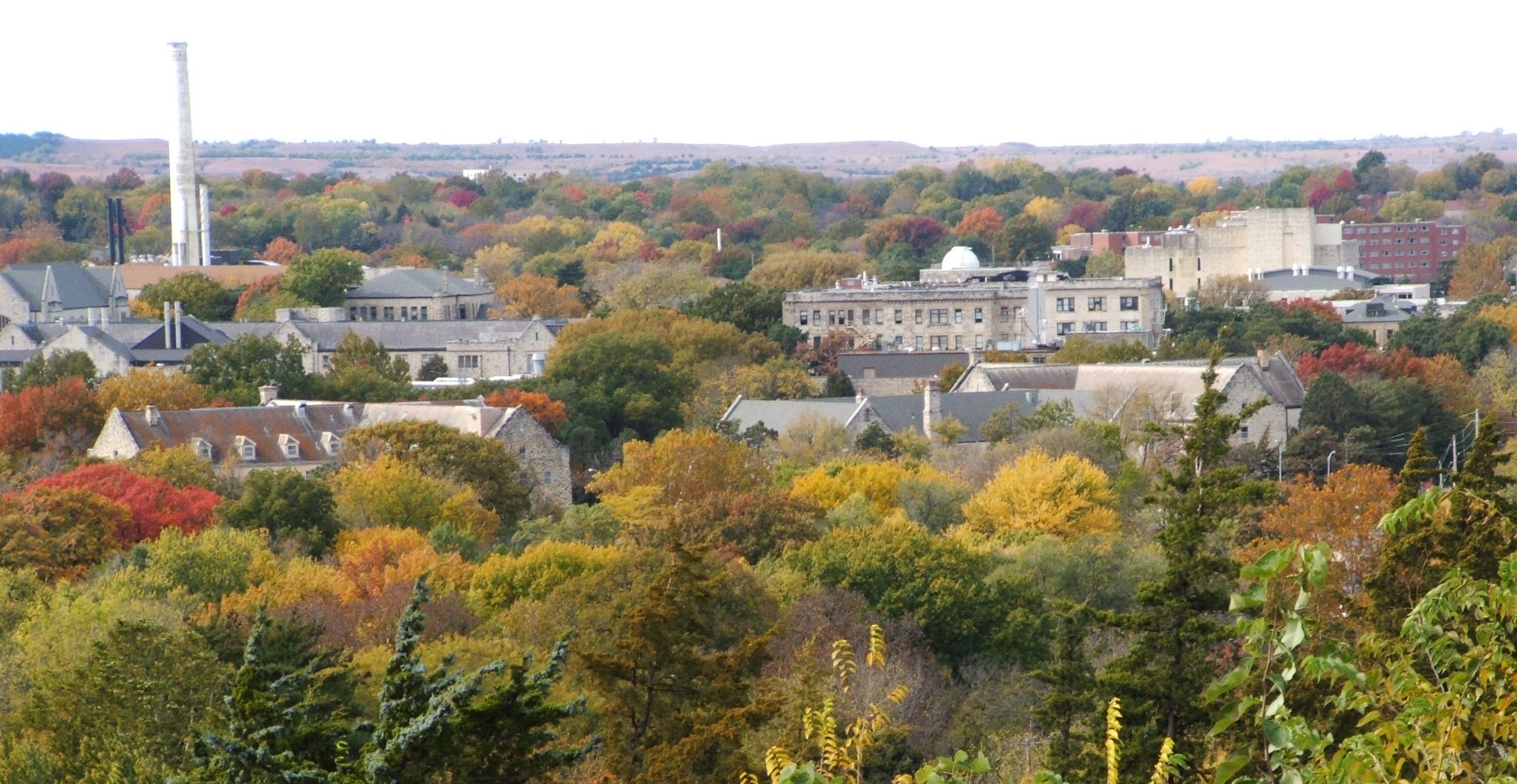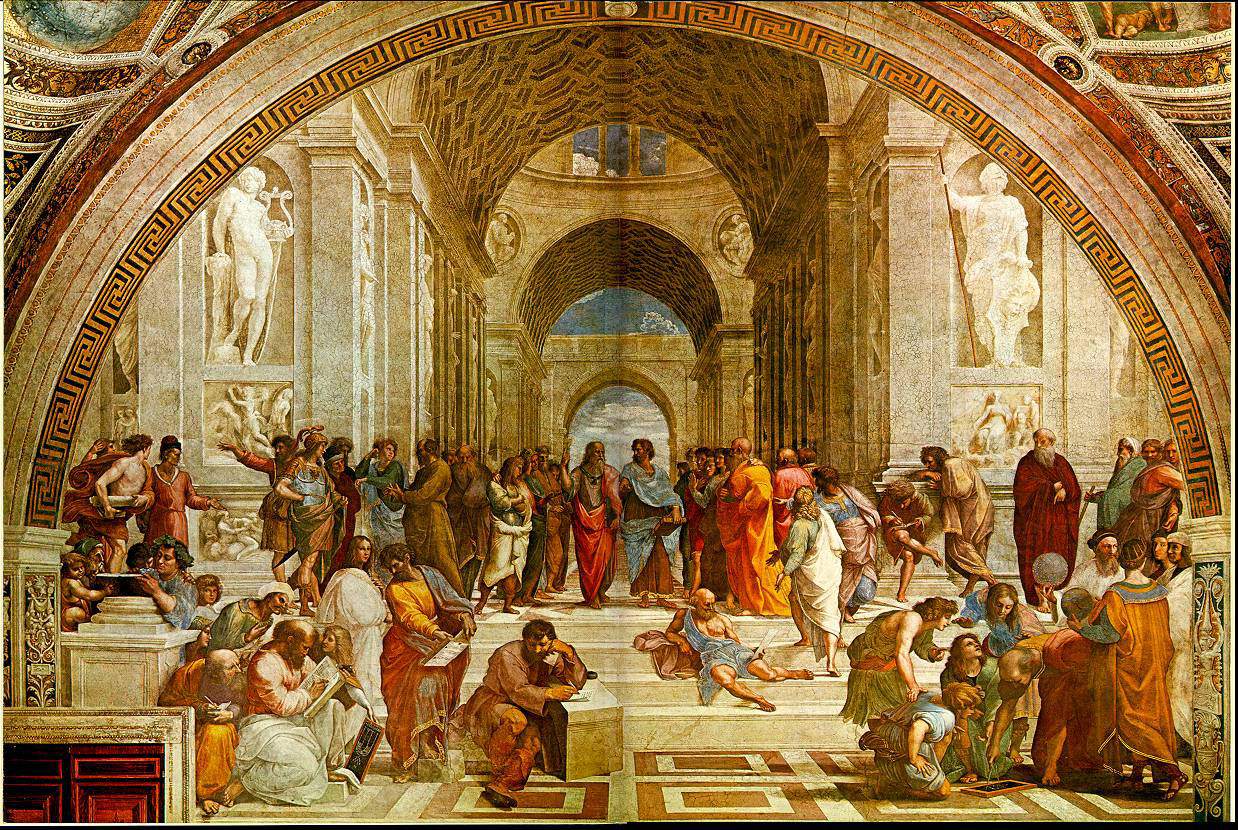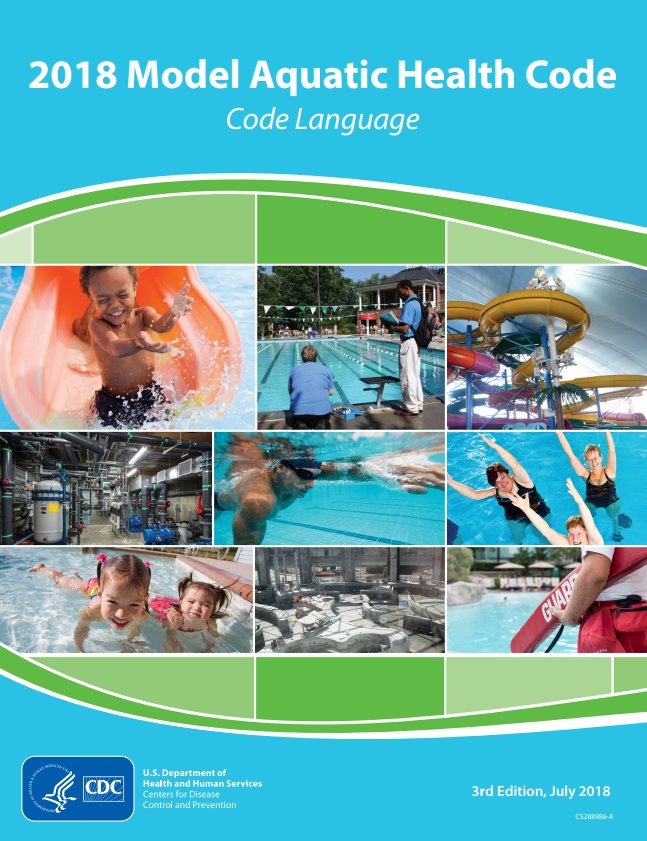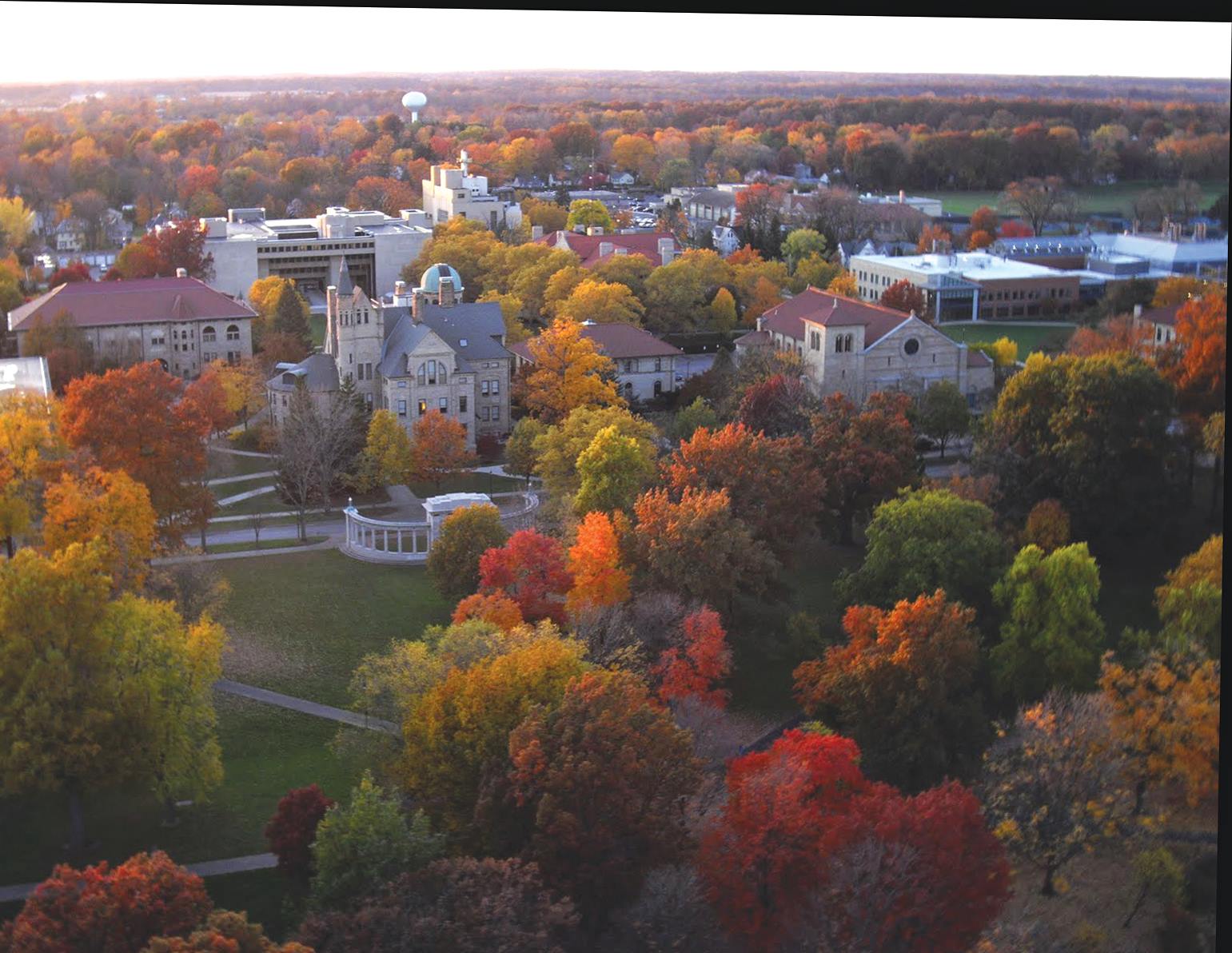Theory of Rent
- Home Page 289

62368 Audio/Video, Information and Communication Technology Equipment
This content is accessible to paid subscribers. To view it please enter your password below or send mike@standardsmichigan.com a request for subscription details.
Professor of the Year
Maybe the next Award should go to
the online ZOOM Professor of the Year
ASTM International has established the Professor of the Year 2022 award to recognize and reward the contributions of educators in developing students’ understanding of standards. Candidates for the award include professors and instructors at an accredited university worldwide who have demonstrated outstanding use of ASTM standards in their teaching. The ASTM International Professor of the Year Award is presented annually to recognize and reward the contributions of educators in developing students’ understanding of consensus standards.
Phalguni Mukhopadhyaya, Ph.D., a professor of building envelopes and structures at the University of Victoria, Canada, has received ASTM International’s 2022 Professor of the Year award. Throughout his career, Phalguni has been a strong promoter of ASTM standards. Before joining UVic in 2015, while employed by the National Research Council Canada (NRCC), he was an adjunct professor at Carleton University. He delivered numerous lectures to graduate and undergraduate university students, highlighting the importance of standardization and ASTM standards in the construction industry. In fact, one of his graduate students produced a thesis which has become the basis for a new ASTM standard currently under development.
CLICK HERE for more information about student memberships and scholarships.
LEARN MORE: Introduction to ASTM Standards
South Quad
This content is accessible to paid subscribers. To view it please enter your password below or send mike@standardsmichigan.com a request for subscription details.
Classroom Lighting
This content is accessible to paid subscribers. To view it please enter your password below or send mike@standardsmichigan.com a request for subscription details.
Electricity and Water Conservation on College and University Campuses
Electricity and Water Conservation on College and University Campuses…
John E. Petersen – Cynthia M. Frantz – Md. Rumi Shammin – Tess M. Yanisch – Evan Tincknell – Noel Myers
Abstract. Campus Conservation Nationals” (CCN) is a recurring, nation-wide electricity and water-use reduction competition among dormitories on college campuses. We conducted a two year empirical study of the competition’s effects on resource consumption and the relationship between conservation, use of web technology and various psychological measures. Significant reductions in electricity and water use occurred during the two CCN competitions examined (n = 105,000 and 197,000 participating dorm residents respectively). In 2010, overall reductions during the competition were 4% for electricity and 6% for water. The top 10% of dorms achieved 28% and 36% reductions in electricity and water respectively. Participation was larger in 2012 and reductions were slightly smaller (i.e. 3% electricity). The fact that no seasonal pattern in electricity use was evident during non-competition periods suggests that results are attributable to the competition. Post competition resource use data collected in 2012 indicates that conservation behavior was sustained beyond the competition. Surveys were used to assess psychological and behavioral responses (n = 2,900 and 2,600 in 2010 and 2012 respectively). Electricity reductions were significantly correlated with: web visitation, specific conservation behaviors, awareness of the competition, motivation and sense of empowerment. However, participants were significantly more motivated than empowered. Perceived benefits of conservation were skewed towards global and future concerns while perceived barriers tended to be local. Results also suggest that competitions may be useful for “preaching beyond the choir”–engaging those who might lack prior intrinsic or political motivation. Although college life is distinct, certain conclusions related to competitions, self-efficacy, and motivation and social norms likely extend to other residential settings.
International Mechanical Code Chapter 12: Hydronic Piping
New update alert! The 2022 update to the Trademark Assignment Dataset is now available online. Find 1.29 million trademark assignments, involving 2.28 million unique trademark properties issued by the USPTO between March 1952 and January 2023: https://t.co/njrDAbSpwB pic.twitter.com/GkAXrHoQ9T
— USPTO (@uspto) July 13, 2023
Standards Michigan Group, LLC
2723 South State Street | Suite 150
Ann Arbor, MI 48104 USA
888-746-3670


